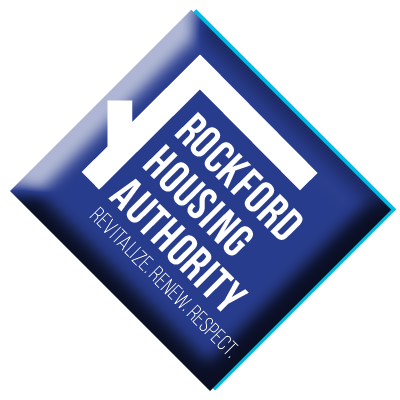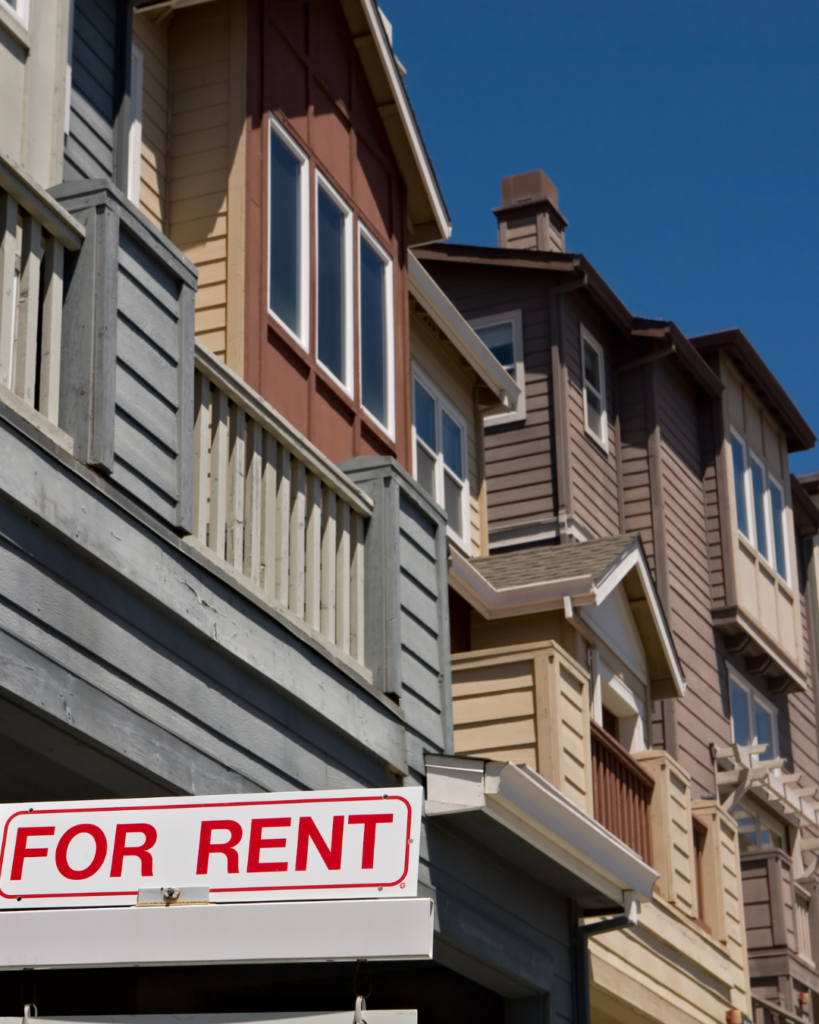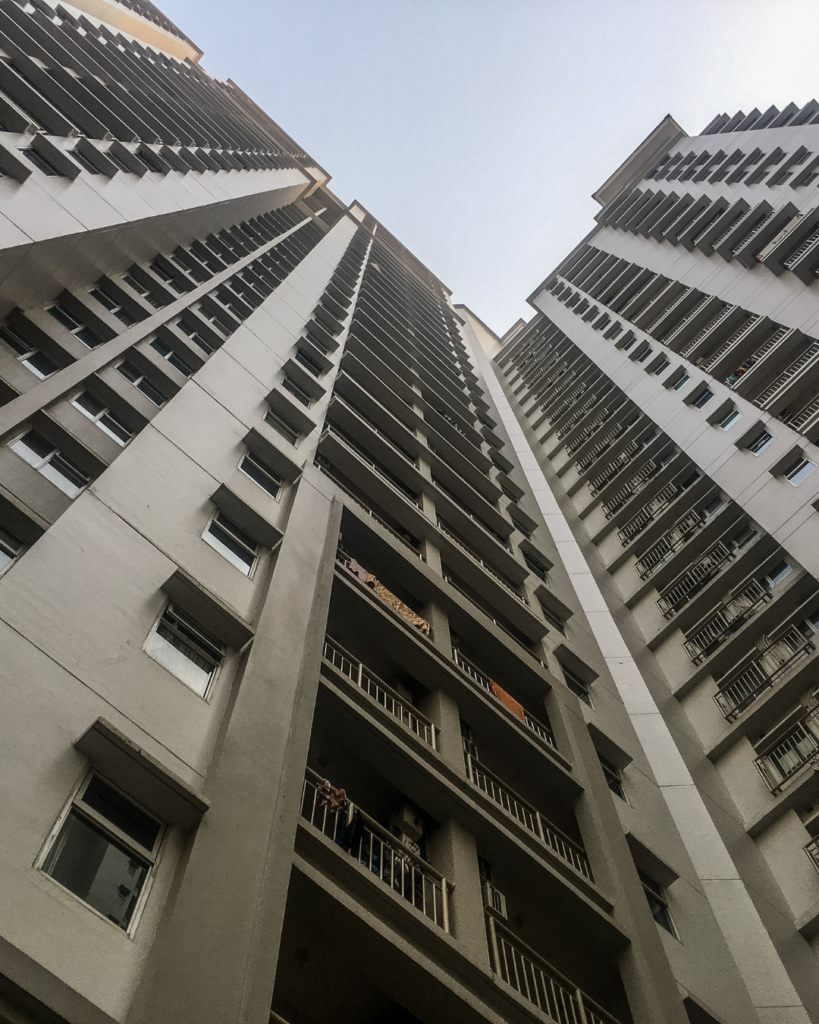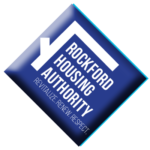- Home
- About Us
- Housing
- Resources
- Contact Us
-
-
-
Address: 223 S. Winnebago Street Rockford, IL 61102
Phone: 815-489-8500
-
-
- Updates
-

Address: 223 S. Winnebago Street Rockford, IL 61102
Phone: 815-489-8500
Address: 223 S. Winnebago Street Rockford, IL 61102
Phone: 815-489-8500









Why Choose RHA MTW?
Cost Efficiency: Join a program designed to reduce costs and achieve cost-effectiveness in federal expenditures. Your success is aligned with efficiency.
Empowering Families: Receive incentives for housing families where the head of the household is actively working, seeking employment, or preparing for work through job training and education. Be a catalyst for economic self-sufficiency!
Expanded Housing Choices
Contribute to the goal of increasing housing choices for low-income families. Empower families to live in areas with enhanced employment opportunities, leading to self-sufficiency, improved education, reduced crime, and more desirable housing.


Landlord Payment Incentives
Enjoy attractive financial rewards for your commitment to the MTW program. We value your contribution to creating vibrant, sustainable communities.
Damage Claims Allowance
We understand that wear and tear happen. With RHA MTW, landlords can now submit damage claims, ensuring your property is maintained to the highest standards.
Increased Payment Standards
RHA MTW is raising the bar with increased payment standards for the HCV program. Maximize your returns while providing quality housing options.
Join the Movement!
Become a key player in the future of housing. Elevate your property management to new heights with RHA MTW landlord incentives. It’s more than an investment; it’s a commitment to positive change.
For New Landlords:
For Landlords Purchasing Properties with HCV Participants:
For Current Landlords:
Don’t Miss Out on the Benefits:


To continue to create strategic partnerships with community stakeholders, design a diverse housing portfolio, leverage social service programming to unite and ensure residents are provided with safe and nurturing environments that lead to self-sufficiency, responsibility, and individual empowerment.
This Earth Day, let's unite for a brighter future!
Today, we're reminded of the importance of our planet and the role each of us plays in protecting it.
View the RHA Earth Day 2024 Blog here:
https://rockfordha.org/earth-day-2024/
Effective today, Monday, April 22, 2024, the current RHA Low-Income Public Housing (LIPH) Family Waiting List will open until further notice. Pre-applications can be completed online at https://www.rockfordhousingauthority.com/ and are available at 223 S. Winnebago Street Rockford, IL 61102.
#RHA
Let's come together to celebrate Diversity Month by acknowledging the beauty found in our distinct backgrounds, viewpoints, and identities. #RHA #MovingForwardTogether

Within 5 years the RHA will re-establish itself as high performing agency that is a leader in housing and sustainable communities by developing additional, non-HUD revenue streams, increasing our asset base and offering state of the art resident initiatives.